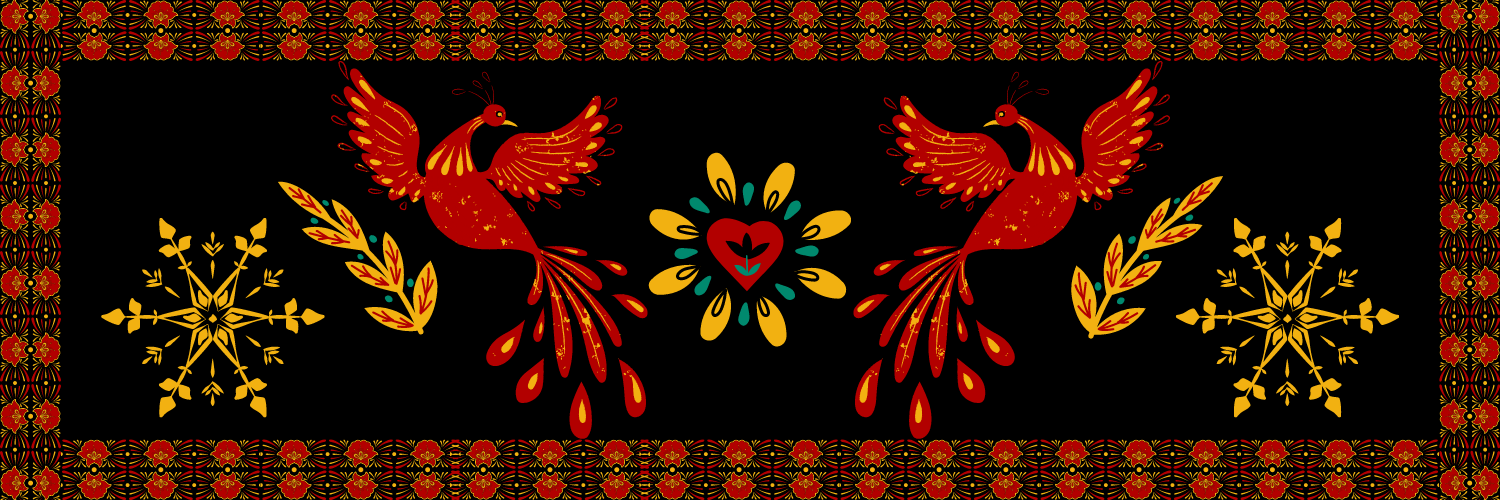"The humble peasant believes in a variety of household spirits, from the goodwilled Domovoi of the homestead to the coarse Bannik of the bathhouse and the mischevious Ovinnik of the stable. The Dvorovoi of the courtyard is a fierce protector and the Samovilla of the wells ensures there is always fresh water to drink. The halfling miners of the Cherti Mountains talk of the Shubin, who may lead someone astray in the mines, hence the popular halfling kholop phrase "Shubin came to him" meaning someone is in a reckless or dangerous situation."
Discussion of the Household Spirits is the most detailed part of the book, giving a clear picture of the
Domovoi,
Bannik,
Ovinnik and
Dvorovoi in particular.
"It is not surprising that the spirits of the wild, so-called Wilderness Spirits, are less tame than their household counterparts. The Rusalka of the rivers, although worshipped in the rose festival, will drown an unwary traveller and think nothing of it, as will the Vodyanoy of the lakes. The Leshy of the plants, I am told, can be quite sweet, but their more powerful counterparts, the Vily of the woodlands can be viscious to outsiders."
Second most studied are the Wilderness Spirits, in particular the
Rusalka,
Leshy, Vily and Vodyanoy.
Weather Spirits are mentioned, mostly just by name and the weather they are associated with. Properties aren't really given.
It is mentioned that spirits of different physical and mental states exist, although in a way that the author clearly doesn't understand how these are possible or manifest. The story of
Krutchina and the golden eggs is relayed as an example of how they are depicted in folklore.
It is mentioned that seasonal spirits exist in folk traditions, and each season have holidays where the Seasonal Spirits are celebrated.
Animal Spirits
Briefly mentioned that each animal is thought to have an associated spirit, with the Black and White Swan mentioned specifically as the lead figures of a
Ballet performed by the
Bolshiv Ballet Company each
Koliada festival.


